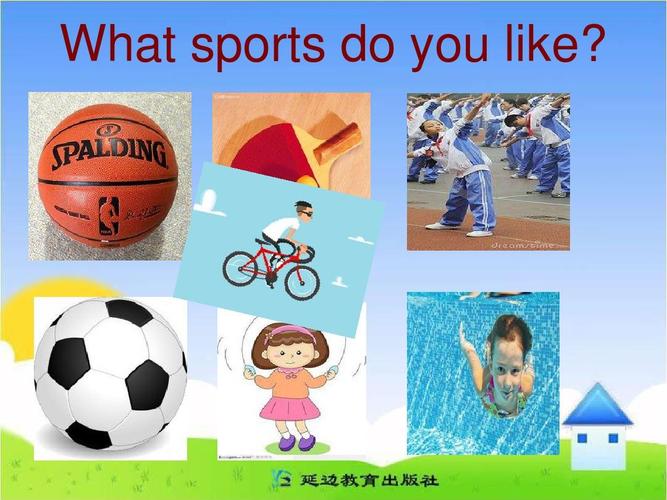The translation of "体育" into English
体育 (tǐ yù) is a Chinese term that encompasses various physical activities, sports, and exercises. It is often translated into English as "sports" or "physical education." However, it is important to note that "体育" has a broader connotation than just sports, as it also includes activities related to fitness, health, and leisure. In this article, we will explore different translations and meanings of "体育" in English.
1. Sports:
"Sports" is a commonly used translation for "体育" in the context of competitive activities involving physical exertion, skill, and strategy. It refers to organized games or events that have specific rules and usually involve teams or individuals competing against each other. Examples of sports include soccer, basketball, tennis, swimming, and many others. Sports are often associated with professional leagues, championships, and athletic performance.
2. Physical Education:
"Physical Education" is another translation for "体育," which specifically refers to the academic discipline and educational programs that promote physical fitness, sports skills, and overall wellbeing. In schools, physical education classes are designed to help students develop physical abilities, learn sportsmanship, and gain knowledge about maintaining a healthy lifestyle. Physical education also includes theoretical aspects related to anatomy, physiology, and exercise science.
3. Physical Fitness:
"Physical Fitness" is a broader concept that encompasses various activities focused on improving and maintaining one's physical health and wellbeing. It includes exercises, workouts, and training programs designed to enhance cardiovascular endurance, muscular strength, flexibility, and body composition. Physical fitness activities can be performed individually or in groups and can range from activities like jogging, weightlifting, yoga, to dance and aerobics classes.

4. Exercise:
"Exercise" is a general term used to describe any physical activity performed to improve or maintain physical fitness and health. It includes a wide range of activities such as walking, cycling, swimming, running, and strength training. Exercise can be structured or unstructured, and its main purpose is to enhance physical conditioning, strengthen muscles, improve cardiovascular health, and promote mental wellbeing.
5. Recreation and Leisure Activities:
"Recreation" and "Leisure Activities" refer to noncompetitive, enjoyable physical activities that people engage in during their free time for relaxation, entertainment, and personal satisfaction. These activities can include hiking, camping, cycling, fishing, dancing, and various other forms of entertainment that promote physical movement and enjoyment.
In conclusion, "体育" can be translated into English as "sports," "physical education," "physical fitness," "exercise," or "recreation and leisure activities," depending on the specific context and intended meaning. It is essential to consider the broader scope of "体育" in Chinese culture, which encompasses not only organized sports but also activities related to fitness, health, and leisure.